AMED challenges for global data sharing
Makoto Suematsu
keynote talk given at 9th Ludwig Boltzmann Forum, Embassy of Austria in Tokyo, 16 March 2017
by Makoto Suematsu, President, Japan Agency for Medical Research and Development (AMED)
Summary written by Gerhard Fasol
We share data in space science, why don’t we share data and expensive equipment in medicine?
AMED. Our Vision: to fast-track medical R&D. Create catalytic systems to fast-track medical R&D for human’s quality of life (QOL)
AMED is financed by three Japanese Government Ministries with a total budget of US$ 1.4 billion in FY2015.
- METI
- MEXT
- MHLW
AMED not only offers budgets, but also officers and scientists with new mindsets.
In a way AMED corresponds to the tricarboxylic acid (TCA) cycle:
Amino acids / glucose / lipids correspond to the METI / MEXT / MHLW Ministries.
AMED catalyzes these 3 different substrates to galvanize medical R&D processes.
Brain/MINDS (Brain Mapping by Integrated Neurotechnologies for Disease Studies) project
Purpose of the Brain Mapping by Integrated Neurotechnologies for Disease Studies (Brain/MINDS) project is to map a primate brain to help understand brain diseases such as Alzheimer’s disease and schizophrenia. For an overview see:
- Marmosets are stars of Japan’s ambitious brain project by David Cyranoski, Nature 514, 151–152 (09 October 2014) doi:10.1038/514151a
- home page of the Brain/MINDS program http://brainminds.jp/
Overcoming balkanization: patients’ needs vs physicians’ desire (e.g. to publish papers)
We need to overcome balkanization, and share ideas and data, e.g. we need to overcome the conflicts of interests between patients’ needs and the desire of physicians for example to publish scientific papers. We need to overcome balkanization of sequencers vs physicians, scientists vs bureaucrats, universities vs industry, and especially bureaucrats vs. bureaucrats (e.g. from a different Ministry) etc.
AMED: How to reform medical R&D systems?
- make “inflexible and balkanized funding” flexible and unified
- promote global alliances to facilitate data sharing
- support ARO network in University Hospitals for activating clinical research
- optimize peer-review in pilot projects: online in English (partly from FY2016), 5 all-English programs, database of all accepted proposals
- overcome “ECG budgets” and promote PPP
- social implementation of genomic medicine
Initiative on Rare and Undiagnosed Diseases (IRUD)
Homepage of AMED’s Initiative on Rare and Undiagnosed Diseases (IRUD):
- English: http://www.amed.go.jp/en/program/IRUD/
- Japanese: http://www.amed.go.jp/program/IRUD/
see also:
- “Orphan: The Quest to Save Children with Rare Genetic Disorders” by Philip R. Reilly, see: http://www.orphanthebook.org
- “The Emperor of All Maladies. A biography of cancer.” by Siddhartha Mukherjee (The Emperor of All Maladies: A Biography of Cancer is a book written by Siddhartha Mukherjee, an Indian-born American physician and oncologist. Published on 16 November 2010 by Scribner, it won the 2011 Pulitzer Prize for General Non-Fiction: the jury called it “an elegant inquiry, at once clinical and personal”). https://en.wikipedia.org/wiki/The_Emperor_of_All_Maladies, https://openlibrary.org/works/OL15686144W/Emperor_of_All_Maladies
Our aim is to overcome the “N-of-1 problem” by data sharing, i.e. we work to find patients with similar rare and undiagnosed diseases.
Why did we start from IRUD?
We want to improve 3 different types of life: life science, diary life and quality of life of patients and family.
We want to stop “research for budgets”, and empower “budgets for research”.
We want to encourage global data sharing, and overcome researcher’s inner biological behavior.
We want to overcome fragmentization of budgets and of expensive machines.
We want to overcome the phenomenon of “Darth Vader-type Professors”.
Data sharing not only for diagnosis, but also for drug discovery.
We respect front-line physicians who help patents who suffer from “diagnostic odyssey”, who are sent from test to test without hearing a valid diagnosis or treatment.
Our IRUD Regional Alliance includes 200 hospitals in Japan. We have more than 2000 registered families, and our program is showing first results with case matches of patients with similar rare diseases with foreign countries.
Tohoku Medical Megabank Organization (ToMMO)
Tohoku Medical Megabank Organization (ToMMO) at Tohoku University provides high quality genome variant data as an open resource: http://www.megabank.tohoku.ac.jp/
On 11 January 2016 we concluded a Memorandum of Cooperation between NIH and AMED.
SCRUM-Japan
SCRUM-Japan is a nation-wide, multi-centric cancer genome screening program with headquarters at the National Cancer Center in Kashiwa: http://epoc.ncc.go.jp/scrum/.
SCRUM-Japan is a successful academia-industry cooperation program encouraging data sharing among pharmaceutical sectors. Many major pharmaceutical companies cooperate.
National Clinical Database
The National Clinical Database includes more than 95% of operation data of general surgery in Japan: http://www.ncd.or.jp/
AMED supports the application of the National Clinical Database (NCD) to post-market surveillance of medical devices.
Real World Data (SSMIX 1+2) – Science Information NETwork 5 (SINET5)
Science Information NETwork5 (SINET5)
AMED will start investments from April FY2017
Data sharing in AMED: no trust – no sharing: no man is an island.
- IRUD & SCRUM-J, using ToMMo with more than 4000 Japanese variants
- NCD extension to clinical research
- Clinical genomics data base (from FY2016): rare diseases, cancer, infectious diseases, dementia
- Central IRB projects
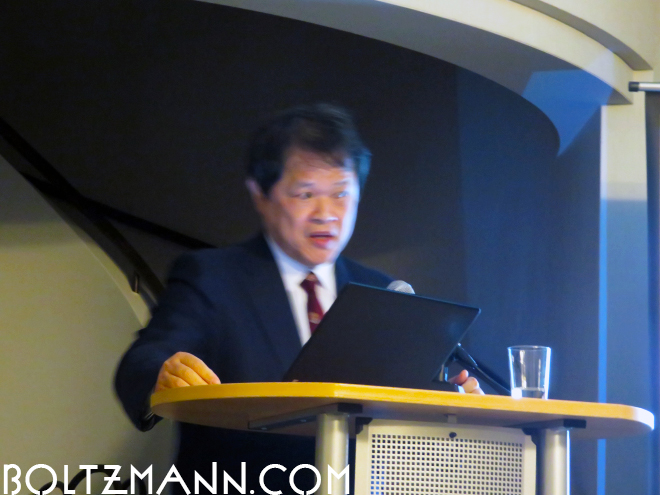
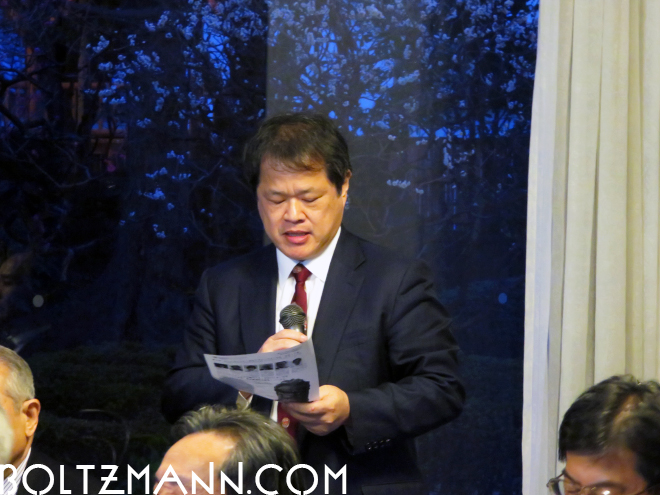
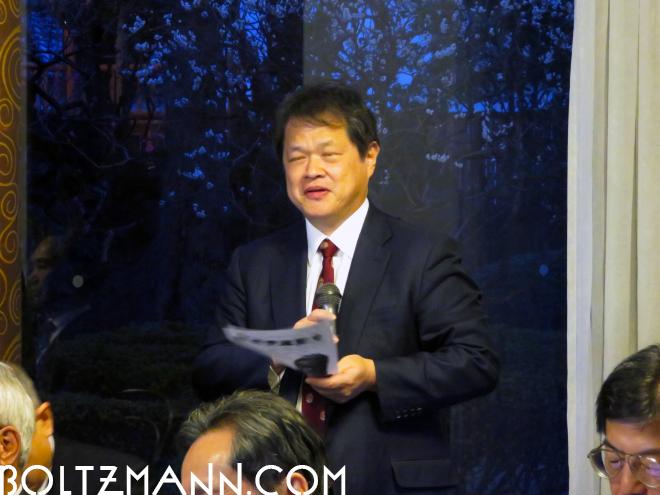
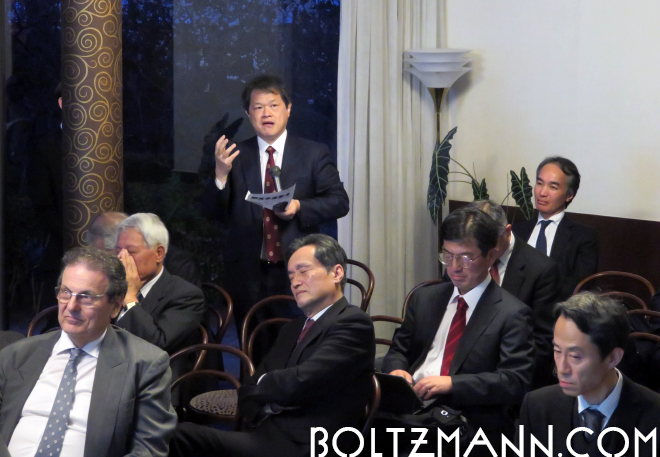
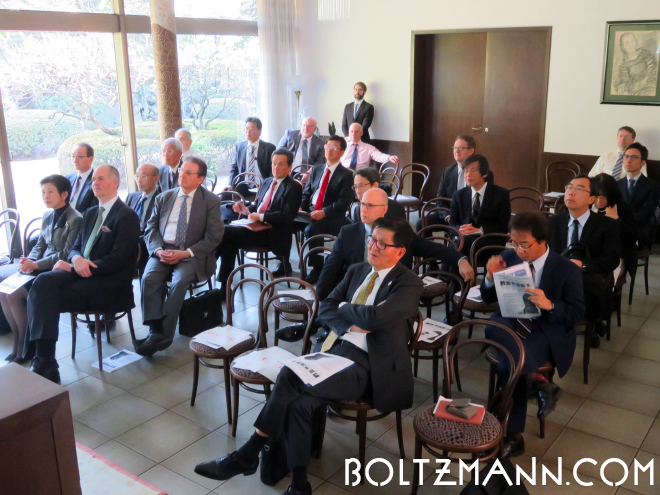
(c) Copyright (c) 2017 Eurotechnology Japan KK All Rights Reserved
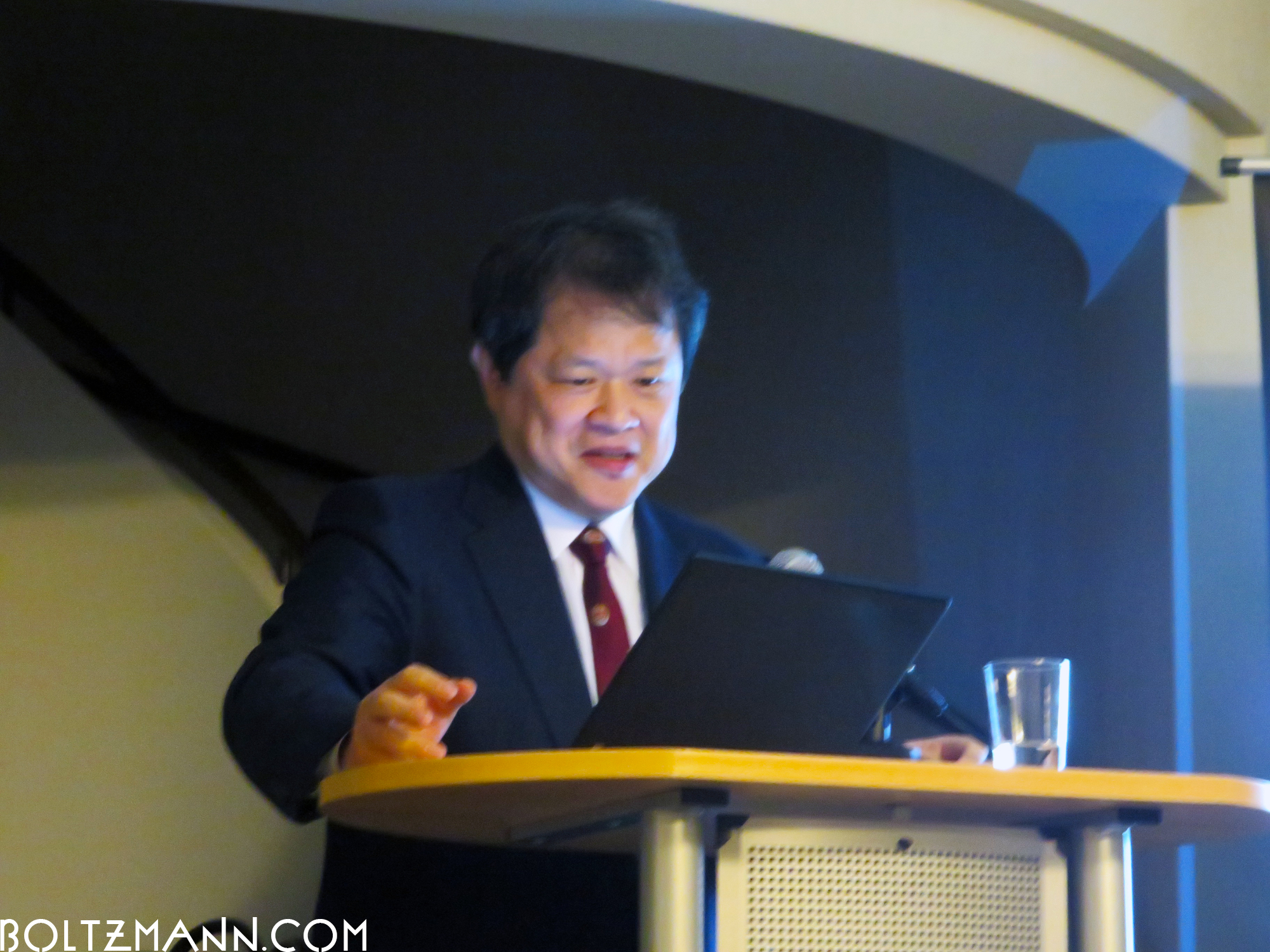
Leave a Reply